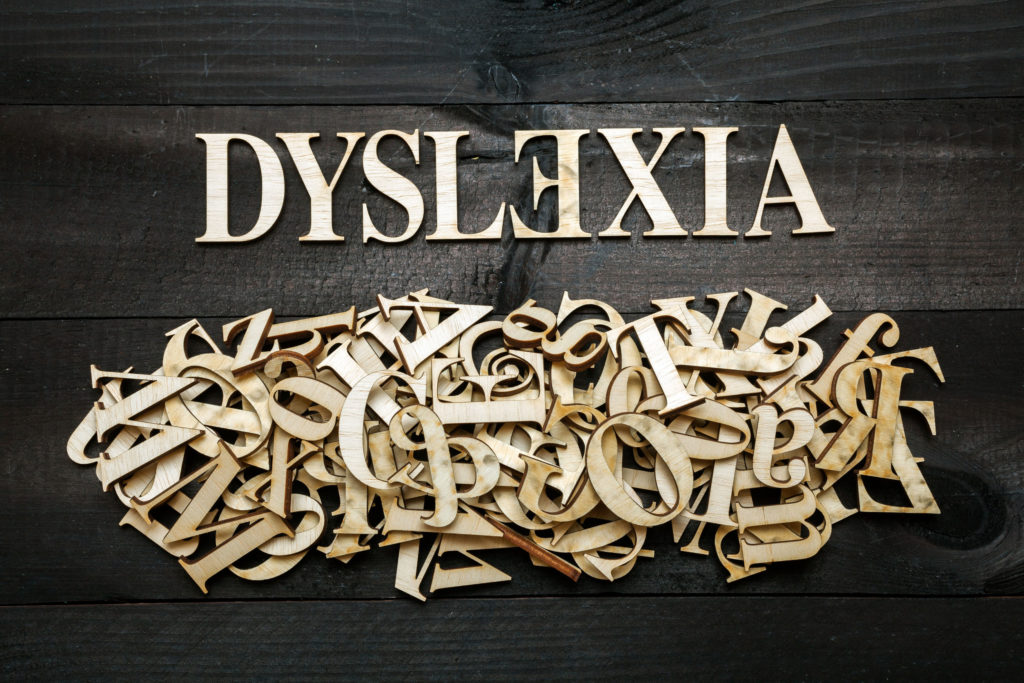The Effects of Dyslexia on the Auditory Senses
Many people consider dyslexia simply a reading problem in which children mix up letters and misconstrue written words. However, more recently, scientists are beginning to realize that reading problems are only a fraction of the problem of the issue of dyslexia. Another, part of the picture, which has gone virtually unnoticed for years, is how the brain processes speech and puts together words from smaller units of sound.
A study published last week in the journal Science suggests how dyslexics hear language may be more important than previously realized. Researchers at the Massachusetts Institute of Technology, have found that people with dyslexia have more difficulties recognizing voices than those without dyslexia.
John Gabrieli, a professor of cognitive neuroscience, and Tyler Perrachione, a graduate student, asked people with and without dyslexia to listen to recorded voices paired with cartoon avatars on computer screens. The subjects tried matching the voices to the correct avatars speaking English and then an unfamiliar language, Mandarin.
The results of this test demonstrates that, non dyslexics matched voices to avatars correctly almost 70 percent of the time when the language was English and half the time when the language was Mandarin. But people with dyslexia were able to do so only half the time, whether the language was English or Mandarin. Typically you will see big differences in reading and then only subtle differences in other areas between people with dyslexia and non dyslexic people. However, this study demonstrates the large difference in functional ability when it comes to auditory development too.
Dr. Sally Shaywitz, a director of the Center for Dyslexia and Creativity at Yale University, said the study “demonstrates the centrality of spoken language in dyslexia — that it’s not a problem in meaning, but in getting to the sounds of speech.” This is why dyslexic children often misspeak. For example, at a baseball game, the child will ask to go to the “confession” stand because they are thirsty. Another example might be at a busy intersection a person with dyslexia would say that those “Presbyterians” should be more careful when crossing the street. Therefore, it’s not a matter of not knowing, but being unable to attach what you know is the meaning to the sounds.
There has been more research over the years to support the fact that spoken language deficiencies persist even when dyslexics learn to read well. The study subjects were mostly “high-functioning, high-I.Q. young adults who had overcome their reading difficulty, And yet when they had to distinguish voices, they were not one iota better with the English-language voices that they’ve heard all their life.”
Experts said the new study also shows the interconnectedness of the brain processes involved in reading. Many scientists had considered voice recognition to be “like recognizing melodies or things that are primarily nonverbal,” Dr. Gabrieli said. Voice recognition was thought to be a separate task in the brain from understanding language.
However, this research demonstrates that normal reading involves a “circuit, the ability to have all of those components integrated absolutely automatically,” said Maryanne Wolf, a dyslexia expert at Tufts University. “One of the great weaknesses in dyslexia is that the system is not able to integrate these phoneme-driven systems with other aspects of language comprehension.” This information is extremely important, not only in testing but in teaching too. When teaching a student with dyslexia, you may want to phrase a question rather than in a question form but with choices. For example, instead of what is the capital of Texas, you might ask Is the capital of Texas Houston or Dallas?
This study gave us a tremendous amount of new information about the effects of dyslexia not only on reading comprehension but auditory comprehension. This is important information in both testing as well as teaching. The more information we gather, the more we need to apply it in our classrooms to help our students.





It’s great to read something that’s both enjoyable and provides pragmatic solutions.